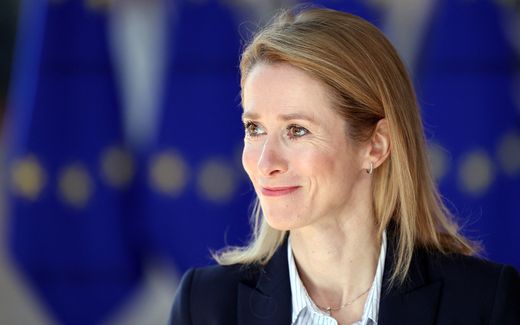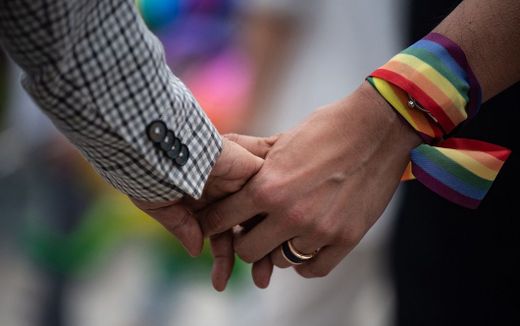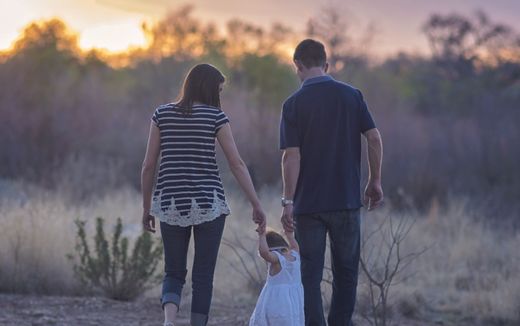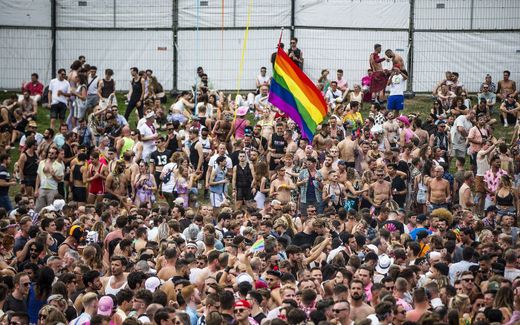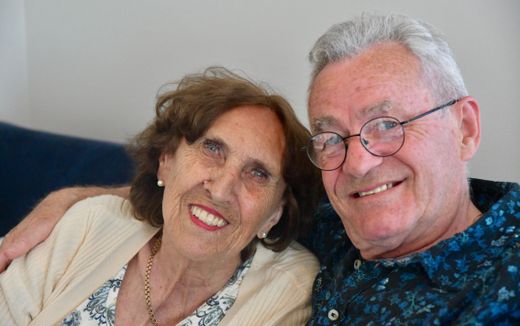Greece votes against church by legalising same-sex marriage
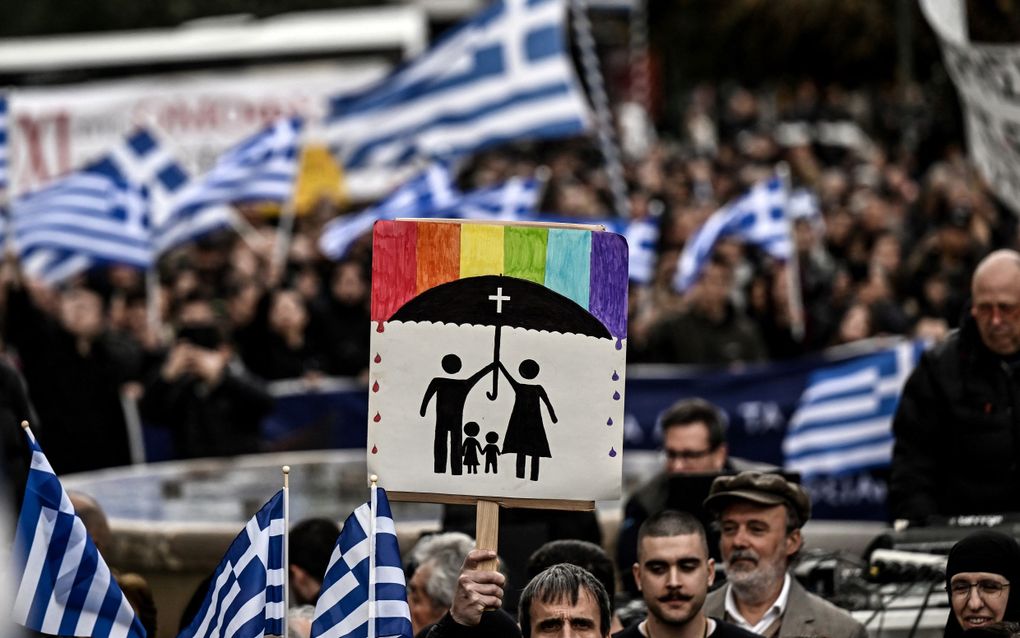
Demonstration at the Greek Parliament last Sunday. Photo AFP, Aris Messinis
Southern Europe
The Greek parliament voted to open marriage for same-sex couples. It is the first country with an Orthodox Christian majority that gives homosexuals access to marriage.
The bill titled “Equality in Civil Marriage, Amendment of the Civil Code, and Other Provisions” received initial acceptance by the plenary, with 176 votes in favor, 76 against, and 2 abstentions, out of the 254 MPs who participated in the vote, reported Orthodox Times.
Prime Minister Kyriakos Mitsotakis hailed the new law as a bold step towards eliminating a significant inequality.
While the prime minister indicated earlier that he did not “impose discipline” on his own party to approve it, he wanted to see it pass in parliament. Despite Mitosatakis’ supportive position, he faces opposition from his party, New Democracy, which is aligned on the centre-right. Its passage also sets a precedent for a country with an Orthodox-Christian majority. While the legislation allows same-sex couples to marry, it also adds to the right to adopt. Still, it bars them from pursuing surrogacy, according to a BBC report.
According to the PM’s advisor, Alex Patelis, the measure can be seen as a “cornerstone” of the PM’s beliefs. “It’s often thought that human rights and equality are the purviews of the parties of the left. This is coming from a centre-right party - and it’s important to recognise that equality under the law and individual rights are also the ideology of the right.”
Despite support and resistance from the PM’s party, the most vocal opponents have been leaders from the national Orthodox church and its congregants.
A rally was held in one of Athens’ central squares on 11 February. Participants held up signs and Greek flags to oppose same-sex marriage. Protestors also voiced their disagreements towards same-sex adoptions, which was seen as “an illusion of the fruits of an unnatural and fruitless marriage,” according to the rally’s announcement that was published in Orthodox Christianity.
One of the rally’s speakers included Archimandrite Athanasios (Anastasiou), a former Abbott of the Great Meteora Monastery. He expressed his opposition and called for more protection over the Orthodox church and its families.
“We are facing the storm of religious and national discolouration. The political system and the anti-Christ establishment, that governs us, attempts blatantly and shamelessly to uproot our roots, our history, our Orthodox faith, our Hellenic-Orthodox tradition,” he said to Orthodox Christianity.
Another talk by the Metropolitan Demetrios of Goumenissa echoed Anastasiou’s concerns that same-sex unions will compromise Greece’s Christian foundation. However, he emphasised that prayer and compassion are important in the debate. “Our people—with all the antibodies of its ecclesiastical manliness―does not stigmatise people of vile passions and psychosomatic falls. It prays for them compassionately, grieves for their harmful choices of loss, sympathises with them far more honourably (than the lawmakers) and much more humanly (than the legitimisers)”, he said in the Orthodox Christianity report.
Despite ongoing opposition in Greece’s state church, Eleni Bussi, known as a modern “pillar of orthodoxy,” said the recent demonstrations “saddened” her.
“The public demonstration by members of the clergy and the faithful against the inclusion and recognition of all families in the ecclesiastical and social formation of the country contradicts the very essence of the Christian message of love, acceptance and compassion in which I have always believed and which I have always supported,” she said to Ekklisia Online online.
Bussi also congratulated Prime Minister Mitsotakis and the parliament’s efforts to pursue love and unity while embracing the ever-changing shifts in families and society. “Let us not be remembered for who we excluded, but for all those we embraced,” she also said in her letter on the site.
Considering the landmark vote, Greece’s population remains divided on supporting same-sex unions. According to a Proto Thema newspaper poll from the BBC report, over half (55 per cent) favour the practice. At the same time, a smaller number supports adoptions by same-sex couples.
Same-sex marriage in Europe
Marriage was opened for same-sex couples in the Netherlands in 2001. First, this was seen as a social experiment, of which it was not sure whether other countries would recognise the legality of those bonds. But especially from 2010 onwards, same-sex marriage (or SSM) is seen as the spearhead of homosexual emancipation.
On the European continent, in total, nineteen countries have opened marriage for homosexuals. Among those countries are the leading Western European member states of the European Union, such as Germany, France and Spain.
On the other hand, fifteen European countries have made traditional marriage part of their constitution. Among those are Ukraine, Hungary, Latvia and Poland. Some of those countries, however, do recognise same-sex partnerships.
Some other countries are in between. Turkey, Bosnia and Albania, for instance, have not opened marriage for gays but have neither put traditional marriage in the constitution.
Related Articles


